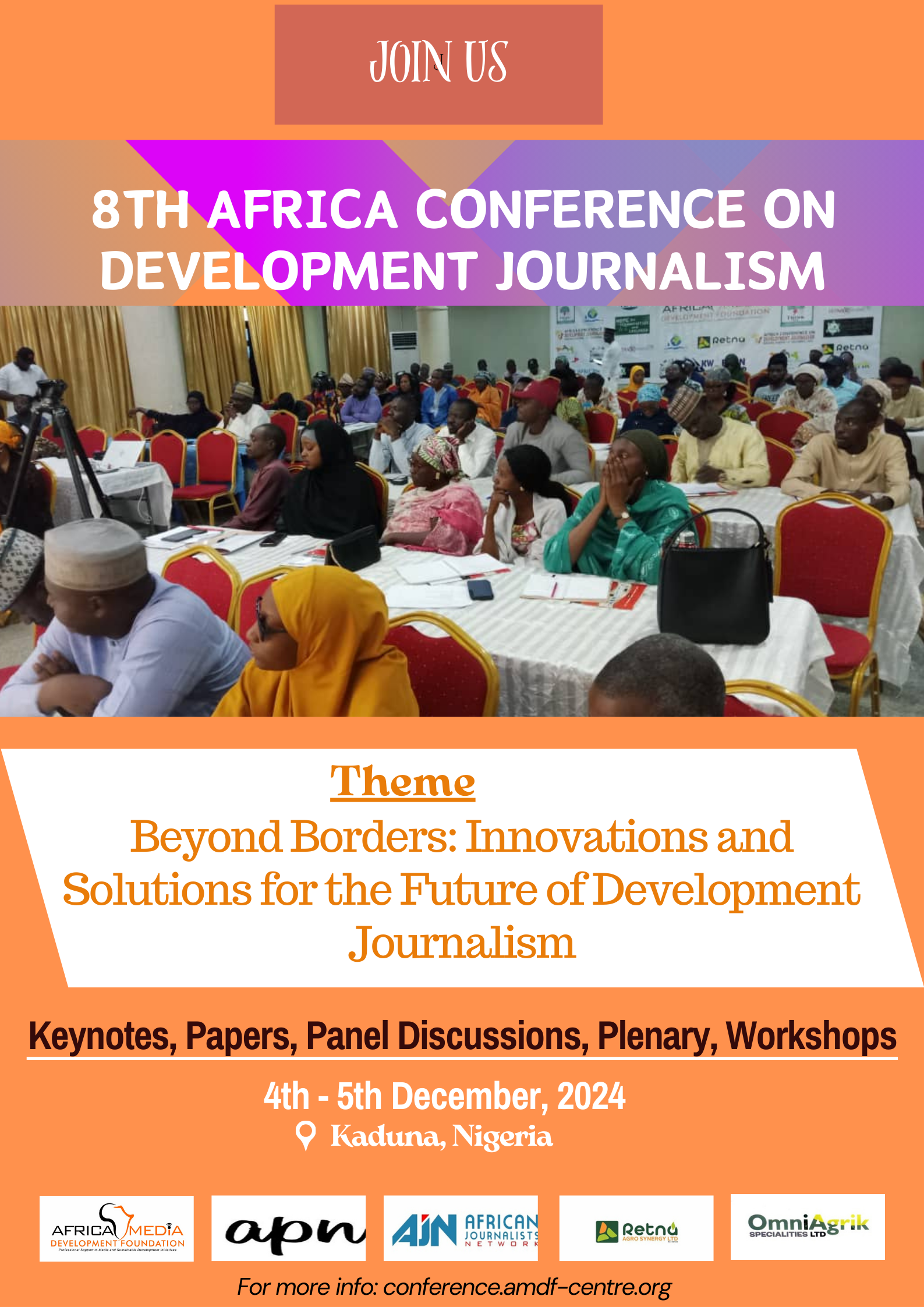Introduction
In a troubled world where religious intolerance has led to loss of lives and livelihoods, Christians and Muslims have reasons to be sober towards embracing religious pluralism and peaceful co-existence. Sadly, various events hurt badly. For example, between October 2016 to January 2017, there was persecution and killing of over 6000 Muslim Rohingya people by the Burmese military in Myanmar. By the same token, there was an alarming report by Crux that “At least 3,462 Christians, including ten priests or pastors, were murdered in Nigeria in the first 200 days of 2021.” These sad incidences suggest that the world is more religious than spiritual.
Perhaps Samuel Huntington (1996) was right when he predicted “a clash of civilizations” between the West and the Islamic-world in the Post-Cold War. Despite this apparent unsavory tale, “the people of the book” share certain values in common which if properly harnessed, could build bridges of peace. On 2 March being Ash Wednesday 2022, Christians the world over began their 40-days fast which is expected to end on Holy Thursday, April 14 leading to Easter celebration.
In like manner, their Muslim counterparts started their 30-days Holy Month of Ramadan on April 2 which is scheduled to end on May 2 with the Eid al-Fitr celebration. This holy coincidence speaks to the heart of piety as a modest attempt at healing the world and living in a pluralistic society. This piece argues that despite the bitter past as regards what has transpired between Christians and Muslims, these fasts could be catalysts for global harmony.
Fasting in Christian Tradition
For Christians, Lent begins on “Ash Wednesday” and ends at sundown of Holy Thursday. On this day, the faithful are marked with ashes on their foreheads in keeping with Holy Scriptures (Cf. Esther 4:2-3; Daniel 19:3; Jonah 3:6 and Matthew 11:21) as a sign of repentance and penitence. In imitation of Moses (Cf. Exodus 34:28) and Jesus (Cf. Matthew 4:2), the people of God take to the three traditional spiritual acts of prayer, fasting and almsgiving.
The spiritual benefits of fasting and mortification are rife. During Lent, the faithful are encouraged to abstain from meat and alcoholic drinks as a way of spiritual discipline. Church Fathers like Basil the Great and Saint Augustine have spoken eloquently about physical and spiritual fast. They contend that while physical fast entails the body abstaining from food and drink, spiritual fast has to do with abstaining from evil intentions, words and deeds. Lent helps Christians to address sinful personal habits like masturbation, sexual immodesty, gossips and nagging. At this time, penance includes going for sacramental confession, prayer, meditation and reflection.
Islamic Perspective of Fasting
In Islam, fasting also known as Sawm or Rūzeh is the practice of abstaining from food, drink, smoking and sexual activity during the Holy Month of Ramadan. Sawm occurs between dawn and nightfall when the adhan of the Maghrib prayer is proclaimed. It appears in the ninth month of the Muslim lunar calendar. As the fourth of the five pillars of Islam, the fast of Ramadan requires Muslims to give alms, read the Holy Koran more often and practice reflection.
Ramadan disposes Muslim faithful to be sensitive to the needs of the aged, strangers, widows, orphans and other vulnerable groups. This is achieved during breaking the fast. The rich invite family members, friends and neighbours to enjoy the iftar – that is, the evening meal that is taken which replaces breakfast, lunch and dinner. This is a sign of gratitude to Allah for the gift of life and all good things. Islamic scholars are of the view that: “Fasting (Sawm) carries many rewards, whether we are fasting voluntarily or in Ramadan. It improves our physical health and our relationship with food, helps us to be more grateful and more conscious of Allah, protects us from the Fire and leads us into Jannah.”
Nostra Aetate, Christian-Muslim Relations
Nostra Aetate, The Declaration on the Relation of the Church with Non-Christian Religions, disclosed that Muslims are believers in one God who respect Jesus and His Mother Virgin Mary; although they do not believe in Him as God. They hold that He is a Prophet. Muslims believe that God will judge all peoples. They worship God through prayer, charity and fasting. It also suggests that overemphasizing differences with Muslims is a sin. It is on the basis of Vatican II’s teaching as espoused in Nostra Aetate that Popes John 6, John Paul 2, and Benedict 16, referred to Muslims as “Brothers.”
In his address to the United Nations on 25 January 1959, Pope John XXIII put across a historic reminder to people of different religions, cultures and ethnicities that: “Peace on earth is an object of profound desire for humanity.” He emphasized that the four principles for achieving peace for humanity are: “Truth, justice, solidarity, and liberty.” Going forward, Nostra Aetate is employed as the Magna Carta for inter-faith relations.
In a Ramadan message released by the Vatican on April 8, leaders of the Pontifical Council for Interreligious Dialogue called on Christians and Muslims to share God’s bounty and gifts with one another. The statement co-signed by Cardinal Miguel Ángel Ayuso, Council President, and Msgr. Indunil Janakaratne Kankanamalage, Council Secretary indicated that God’s “generosity fills our hearts with gratitude toward him and, at the same time, encourages us to share his gifts with our brothers and sisters who are in any kind of need.”
In the statement which drew attention to sharing in this time of Coronavirus pandemic, the Vatican reiterated that sharing “involves sharing one another’s joys and sorrows, which are part of every human life.” The officials surmised: “Our hope, dear Muslim brothers and sisters, is that we continue sharing the joys and sorrows of all our neighbors and friends, because God’s love embraces every person and the entire universe.”
This also played out in another Ramadan message which was released on Thursday, April 7, by Bishop Emmanuel Badejo of the Nigerian Diocese of Oyo which stated that: “The Almighty Allah, who grants every good thing, must have a hand in the coincidence that you’re beginning this unique spiritual exercise while Christians are still observing their annual fasting which we started a month ago.”
Speaking further, he stressed, “Let our fasting and prayer make us work for a better Nigeria that we all desire,” while adding, Nigeria “is our own, our common heritage, and country. Let us seek for her unity, political stability, equity, true and good governance as we prepare earnestly for general elections early next year.” Bishop Badejo advised both Muslims and Christians to work together for unity, justice and good neighborliness while seeking justice, peace and development. He seized the occasion to wish all Muslims “a fruitful and blessed month of Ramadan.”
Conclusion
Both Christians and Muslims are challenged to be charitable to orphans, widows, the aged, those in prison, the hospitalized and all destitute people. It is also a season to show acts of mercy to the countless vulnerable groups such as immigrants and refugees across the world. It is high time they reflected on the lives of Jesus and the Holy Prophet Muhammad (Peace be Upon Him) for positive action. The current aggressive invasion of Ukraine by Russia akin to the biblical analogy of the killing of Abel by his brother, Cain calls for global synergy to stand for the truth and what is right.
This Holy Season requires that these two nations (Ukraine and Russia) with Christian heritage pay attention to the passion of Christ by fasting from this meaningless war. “Fast,” as a common denominator for the world’s greatest religions should be the basis for promoting justice and peace globally. Amidst the conflicts in the Middle East and North Africa, may the closing days of Lent leading to Easter celebration and the Ramadan fast transform the world into the new heaven and new earth which every human soul desires.
Dyikuk is a lecturer in Mass Communication, University of Jos, editor of Caritas newspaper and Convener of the Media Team Network Initiative (MTNI), Nigeria.





